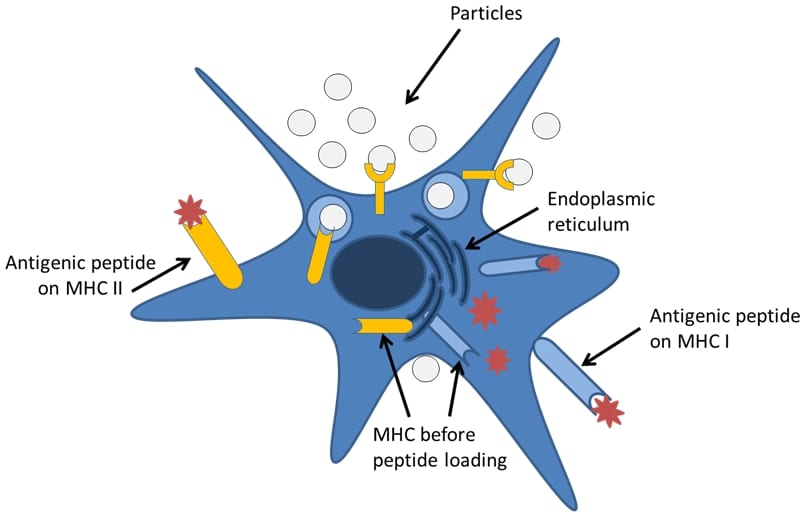 The development and widespread application of vaccines has been one of the most significant achievements of modern medicine. Vaccines have been instrumental in controlling and even eliminating life-threatening diseases such as polio, measles, and diphtheria, but there are still many complex disorders (for example, cancer, HIV, and other emerging infectious diseases) for which effective preventative or therapeutic vaccines have been difficult to develop.
The development and widespread application of vaccines has been one of the most significant achievements of modern medicine. Vaccines have been instrumental in controlling and even eliminating life-threatening diseases such as polio, measles, and diphtheria, but there are still many complex disorders (for example, cancer, HIV, and other emerging infectious diseases) for which effective preventative or therapeutic vaccines have been difficult to develop.
This failure can be attributed primarily to our inability to precisely control and modulate the x immune response. Efficient and targeted delivery of immune-modulatory and immune-stimulatory molecules to appropriate cells is key to the successful development of next generation vaccines. Polymer-based particulate carriers have emerged as an attractive means for enhancing the delivery efficacy and potency of vaccines and associated immunomodulatory molecules. Now, new work discusses the immunological fundamentals for developing effective vaccines and how polymeric micro- and nanoparticles can be exploited to improve these therapies.

















